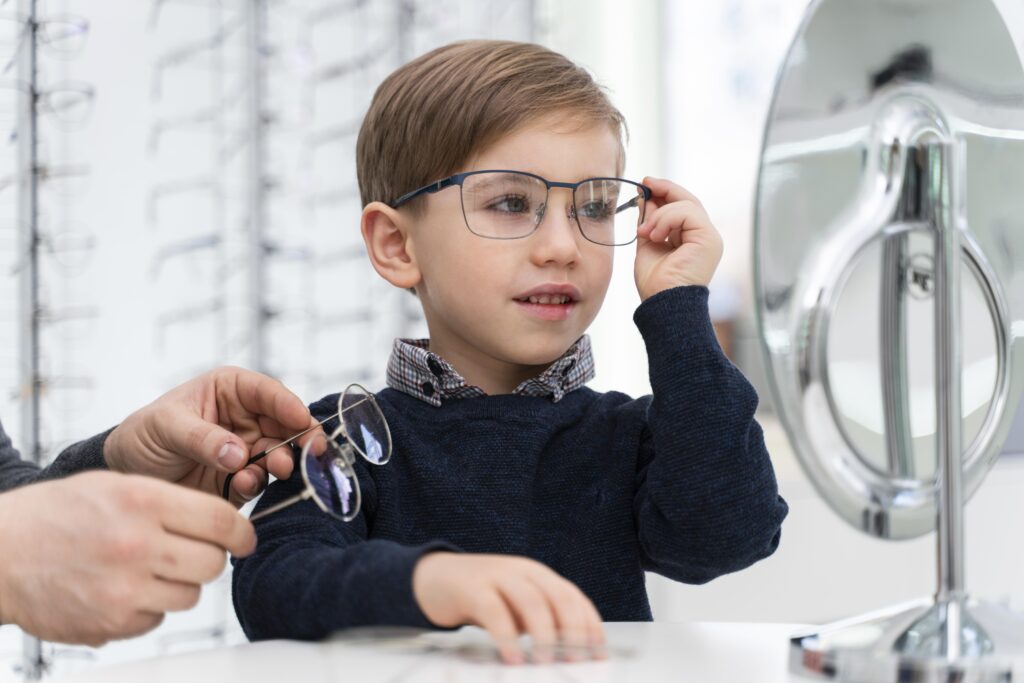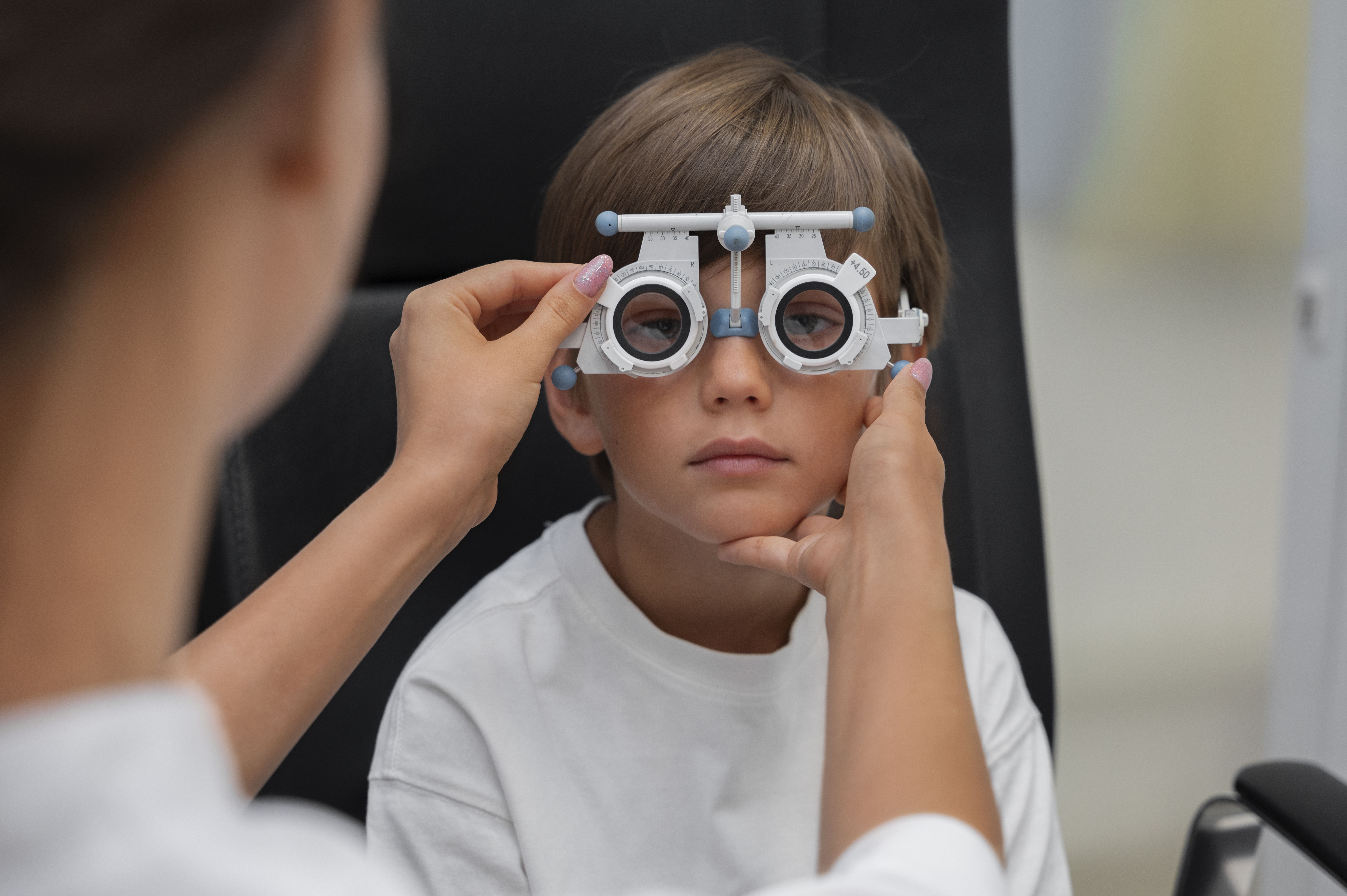Good vision plays a vital role in a child’s growth, learning, and overall development. From reading the board in class to playing sports, eyesight affects almost every aspect of a young person’s daily life. But many parents wonder—when is the right time for a child to get their first pair of glasses or even consider contact lenses? Understanding the signs and stages of visual development can help ensure children enjoy healthy, clear vision from the start.
Understanding Early Eye Development
A child’s visual system continues to develop throughout early childhood. Babies are born with blurry vision, but it improves rapidly during the first few years. Regular eye check-ups are important, as certain issues like lazy eye, crossed eyes, or nearsightedness can develop silently. Pediatricians typically check vision in infancy, but a comprehensive eye exam by an optometrist or ophthalmologist is recommended around the age of three. This is often the stage when early vision problems can be detected and corrected before they affect learning.
Signs Your Child Might Need Glasses
Children don’t always realize they’re seeing poorly. Parents and teachers play a key role in spotting the signs. Frequent squinting, sitting too close to the TV, holding books very near to the face, or complaining of headaches and eye strain can be indicators of vision problems. A drop in school performance or lack of interest in reading may also be linked to undiagnosed eyesight issues. If any of these behaviors appear, it’s best to schedule an eye exam promptly.

When to Introduce Contact Lenses
While glasses are often the first step, some children may express interest in contact lenses as they get older. There isn’t a strict age rule—readiness depends on maturity and hygiene habits. Many eye care professionals suggest that children aged 10 and above can safely manage contact lenses with proper guidance. Contacts can be beneficial for active kids involved in sports or those self-conscious about wearing glasses. However, it’s crucial that they understand lens care and the importance of cleanliness to prevent eye infections.
Building Healthy Vision Habits Early
Whether a child wears glasses or contacts, maintaining good eye health is essential. Encourage outdoor play to reduce the risk of myopia (nearsightedness) and limit screen time to prevent digital eye strain. Balanced nutrition rich in vitamin A, omega-3 fatty acids, and antioxidants supports strong vision. Regular eye exams—at least once every year—help track visual changes and keep prescriptions up to date.
Every child’s vision journey is unique. Some may need glasses as early as preschool, while others won’t require correction until their teenage years. The key is proactive care—routine eye check-ups, attention to symptoms, and open communication with your eye doctor. Clear vision empowers children to learn, explore, and experience the world with confidence.


